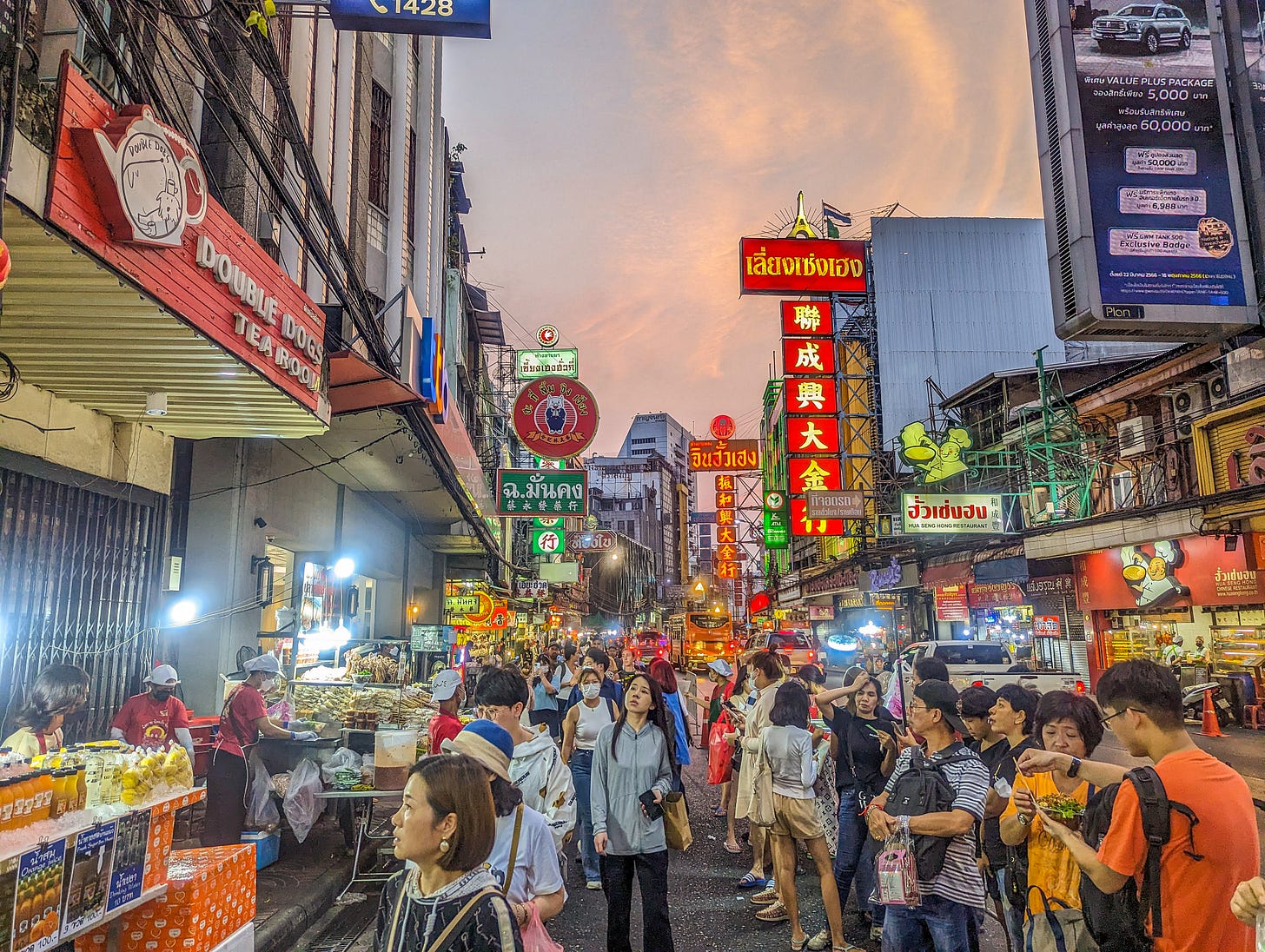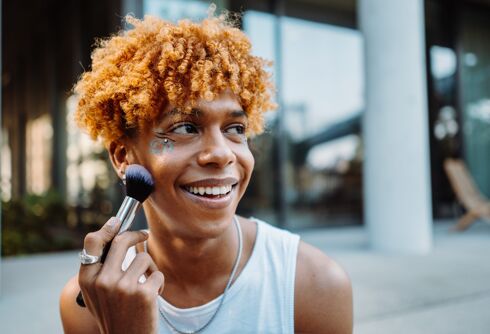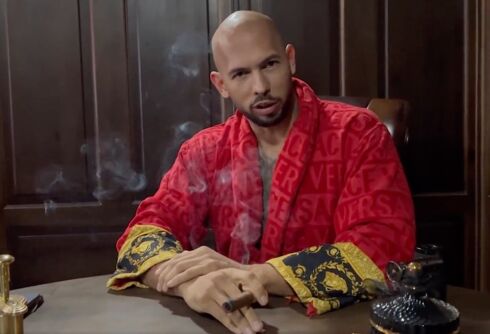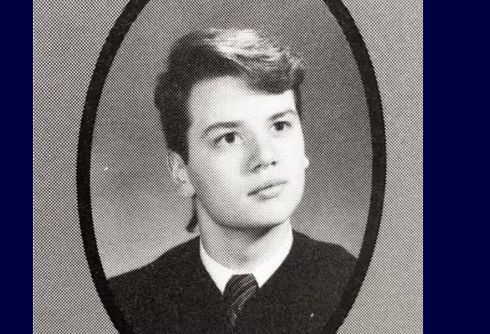During our recent stay in Bangkok, Thailand, I went in for a skin cancer screening.
My doctor was a Thai woman in her early thirties, and she was quite talkative, which was fine by me. I love chatting with locals in other countries.
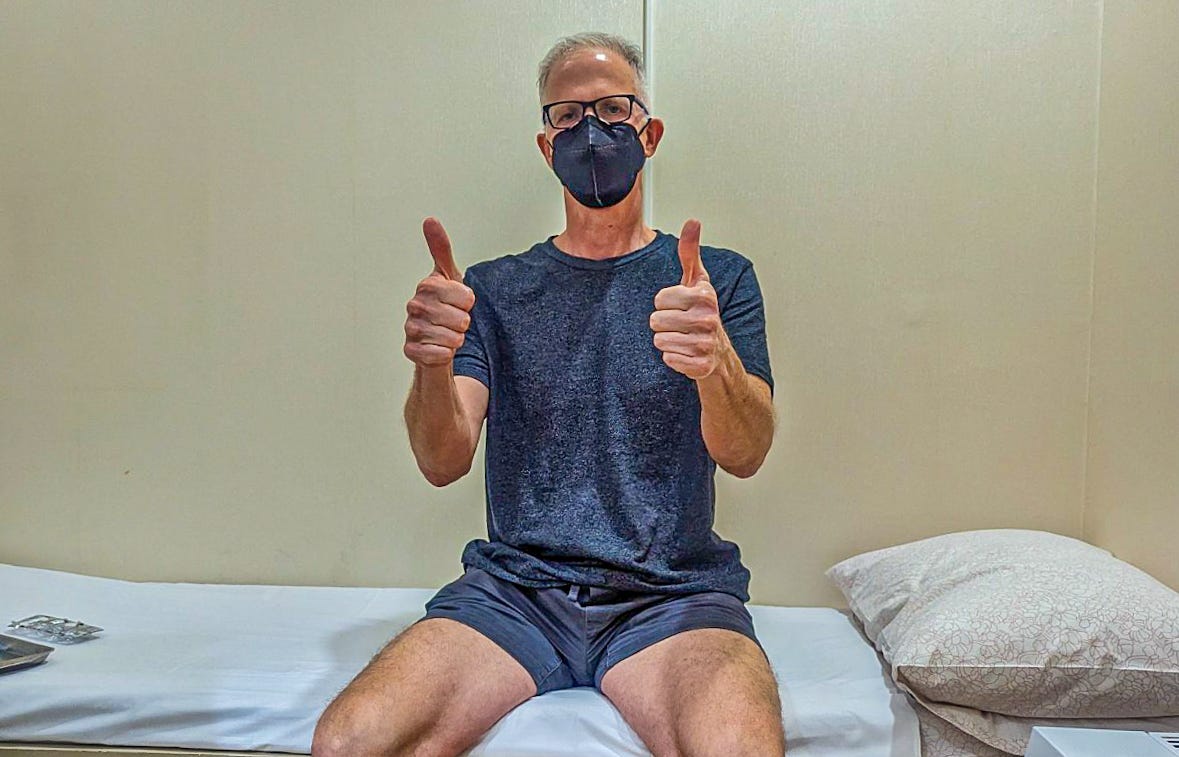
Once she learned I was a nomad, she peppered me with questions about the lifestyle. In response, I asked her, “When did you decide you wanted to become a doctor?”
Never Miss a Beat
Subscribe to our newsletter to stay ahead of the latest LGBTQ+ political news and insights.
Related:
How do two gay digital nomads afford a life of continuous travel?
A lot of people assume we’re rich. We’re not — at least not by American standards.
After a long pause, she said, “I never decided that.”
This confused me. I couldn’t help but think: Did the sorting hat from Harry Potter decide for you?
Finally, I said, “What do you mean?”
“We Thai people are not taught to think for ourselves like you Americans. Most Asian people aren’t. Instead, our parents decide what it is we will do. What is best for us.”
I had to think about how to respond. I definitely didn’t want to say anything offensive.
“That’s very interesting,” I said. “Both ways of doing things must have their pros and cons. Sometimes I think we Americans think too much for ourselves.”
Then another question popped into my head. “Have you thought about what else you might have done had your parents not decided for you?”
“No, never,” she said. “As I said, we Thai people just don’t think for ourselves.”
Am I reinforcing Asian stereotypes even quoting her like this?
After living in more than twenty countries over six years, I’ve seen enough to know that stereotypes are usually laughably inaccurate and always very incomplete. Individuals are always far more than their race or culture.
So I want to be careful here.
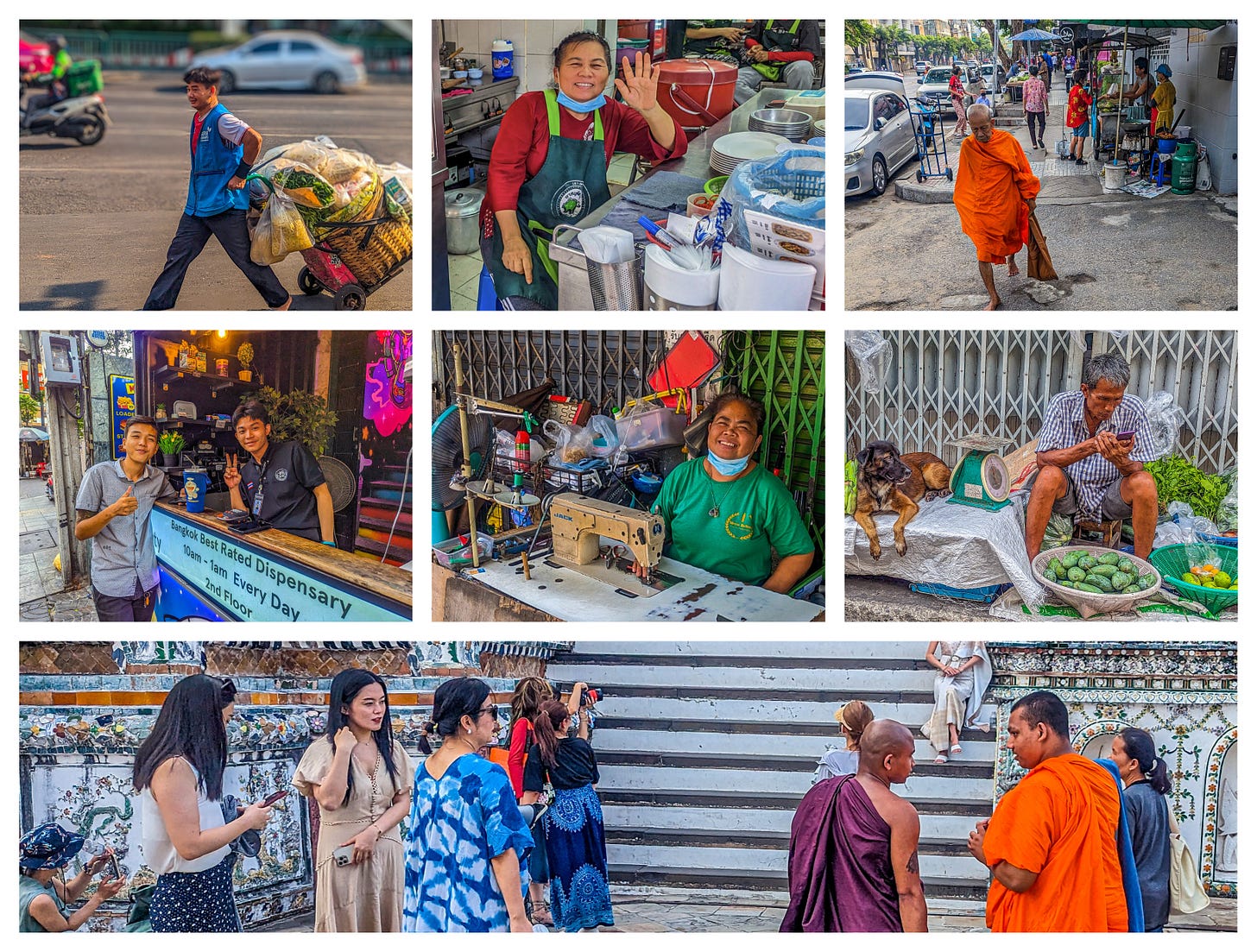
But Brent and I have lived in plenty of Asian countries now too, and this wasn’t the first time I’d had a local tell me some variation of this.
And after living in so many different cultures, Asian and not, I’ve long since started seeing my home country of America with different eyes. I now understand that, culturally speaking, it’s America that’s the outlier compared to the rest of the world.
In America, people tend to think, first and foremost, “What do I want? What are my needs?” We see ourselves very much as individuals.
In much of the rest of the world, people tend to put a much higher emphasis on the needs and wants of one’s family and the perceived needs of the greater society.
And, yes, this seems to be especially true in the Asian countries where we’ve lived.
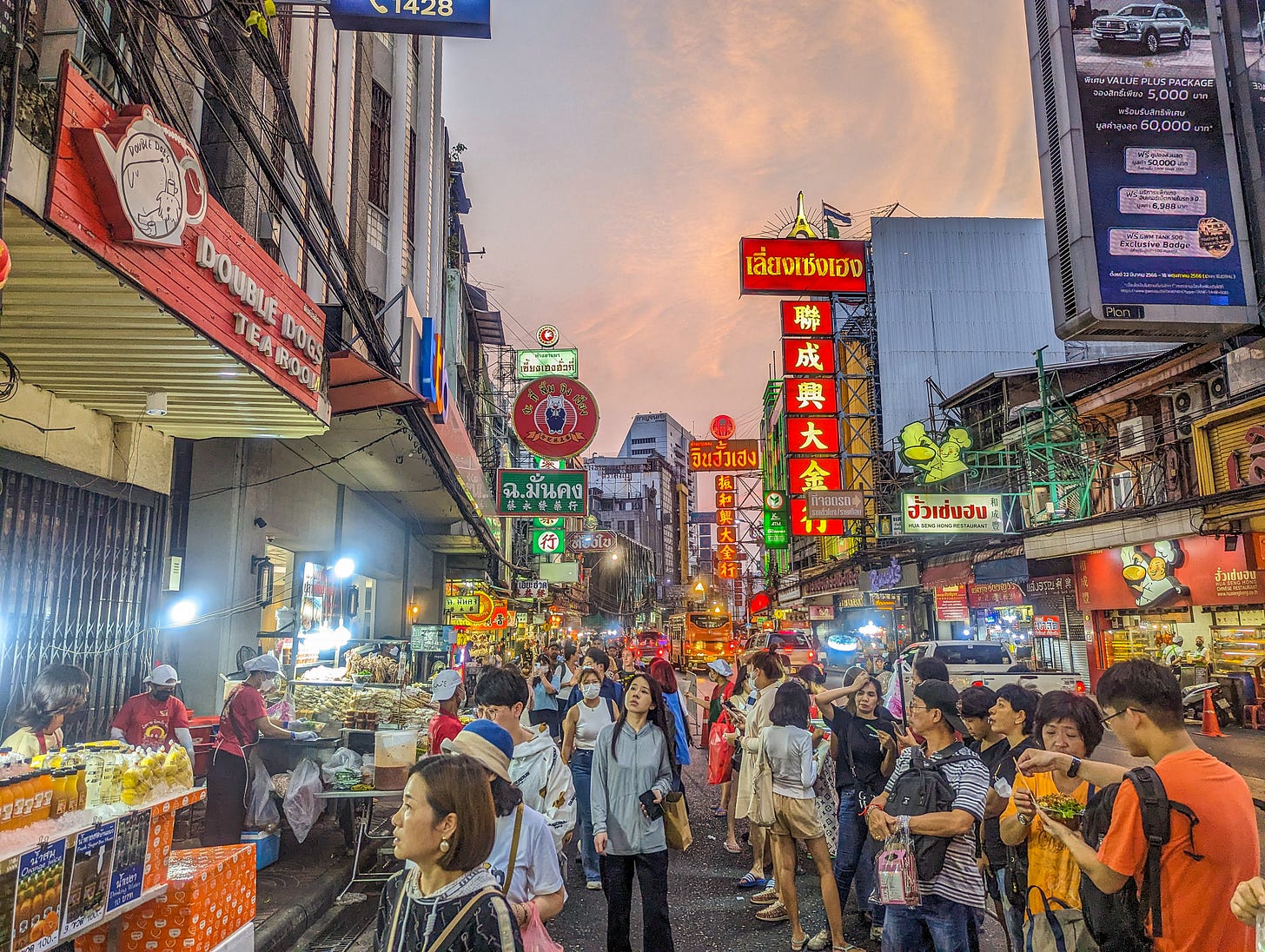
“Some societies have room for assertiveness, some don’t,” says an older Chinese-Malaysian friend in Malaysia. ‘‘Self-assertion is not helpful if you want peace. And I want peace. I am happy to step back for greater good for all. I have always believed one needs to go with the flow and not be offensive to any environment. There isn’t insistent individualism here in Malaysia like you Americans have.”
Sure enough, this friend, who happens to be gay, hasn’t come out to any members of his family, not even his mother. In his mind, doing so would be putting his needs before that of the greater society.
We met a couple of younger gay Malaysians too, and none were out to their Muslim families, and they all felt comfortable with this decision — no conflict at all. They didn’t even feel particularly oppressed.
“That’s just the way it is,” said one, who also casually mentioned that he’d probably have to get married to a woman at some point, although he had absolutely no desire to do so.
This isn’t the first time Brent and I had heard this kind of talk, and truthfully, it’s still kind of shocking to us to hear sentiments like this stated so nakedly. I’m a very typical American who initially followed my parents’ advice on what to study in school, but pretty quickly rejected it to “follow my heart” and do my own thing.
Needless to say, I didn’t listen to my parents about my being gay either, and while I gave them time to get used to the idea, I also made it clear they did have to get to used it — at least if they wanted me in their lives.
“My parents, for one, never forced me to choose any career,” says Elizabeth Tai, a Malaysian woman who writes the Tai Tales newsletter. “However, they were visibly relieved when I decided to become a lawyer and worked towards getting a law degree.”
But then Elizabeth had a change of heart, which caused something of an uproar in her family. “I changed my mind and decided to go to journalism school instead,” she says.
Some of Elizabeth’s extended family were so upset they tried to convince her father to stop paying her university tuition. “I didn’t cave in, and my parents still funded my education. But I suppose my family’s a little unusual. My brother is an artist, and I’m a writer. My sister has a more conventional business degree, but she was the one who decided to do that.”
Brent and I are now in Thailand, which is famously more tolerant and much more progressive than predominantly-Muslim Malaysia. But after my chat with my dermatologist-doctor, I was curious how culturally different things really are here.
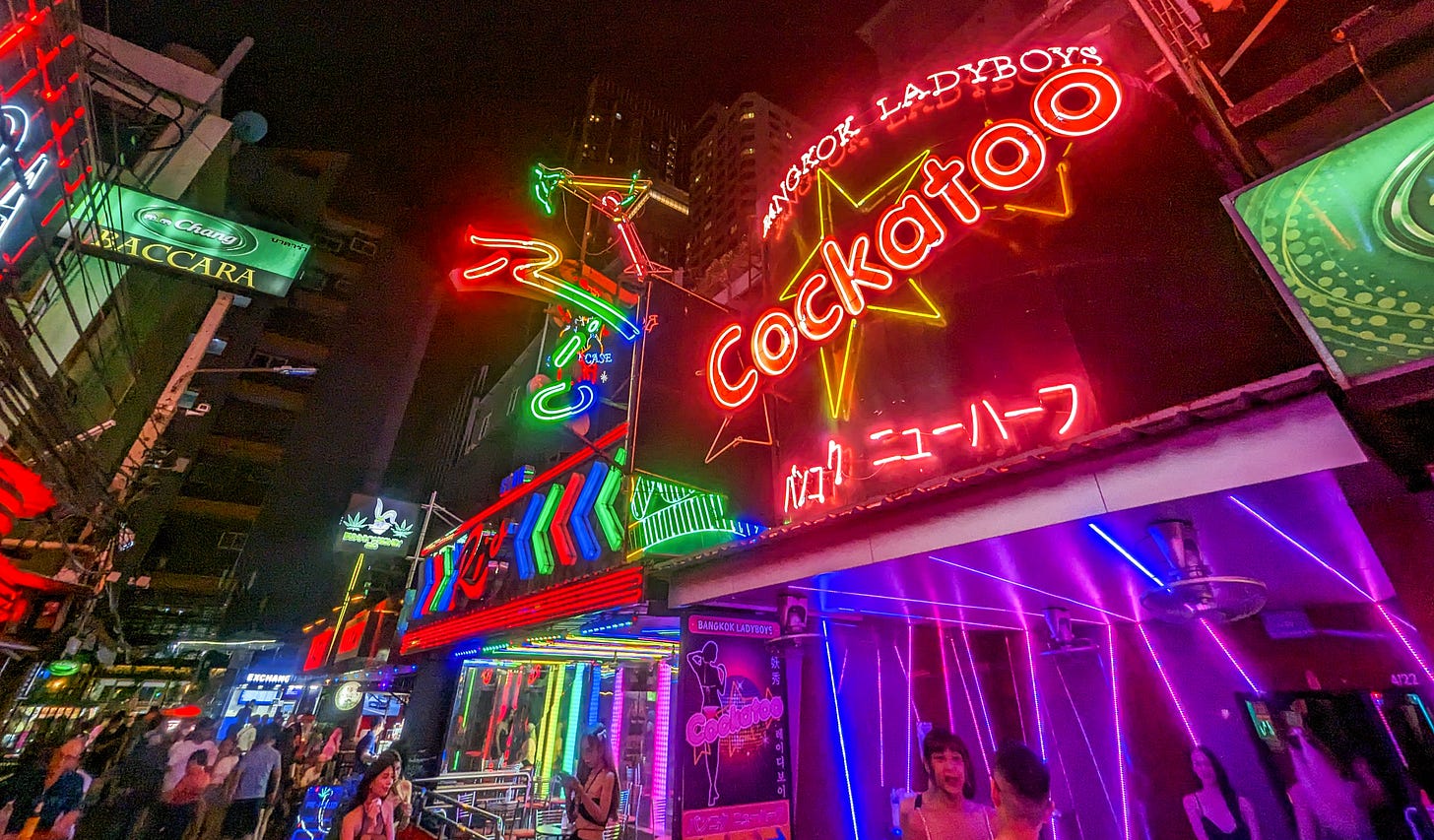
Thirtysomething Ani was the tour guide on our wonderful walking food tour here in Bangkok. We hit it off with her so well that she invited us to her own restaurant in Bangkok’s Chinatown.
“My generation, the Millennials, as well as Gen X, are the last ones to think more like our parents and listen to what they say,” she tells me. “Gen X are much more likely to wai [a type of bowing that shows respect] than Gen Z, who tend more to do what they want.” She pauses, then adds, “But they are very brave.”
The way Ani says “brave” makes it sound like both praise and criticism.
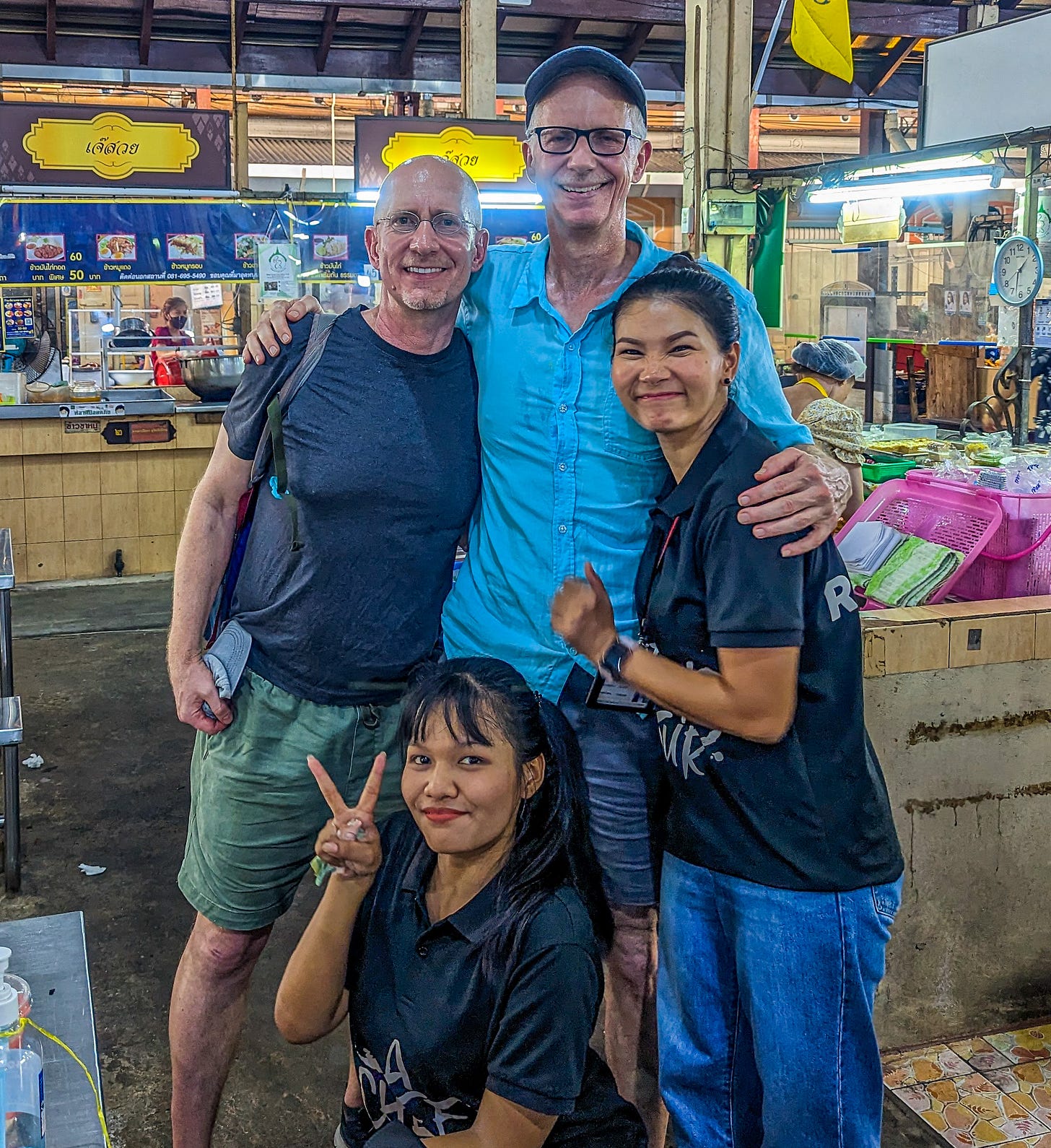
Research backs up Ani’s sense that Asian cultures are changing, especially among Gen Z. One recent survey of Southeast Asians found that Gen Z do value tradition and social harmony — but they also place a great deal of importance on their own happiness.
Nearly two-thirds of Gen Z agreed they were “encouraged to follow traditions and norms set by others to maintain good relations with society and those around them.” But only seven per cent agreed that, “Success is making family and friends proud.” And three-quarters also felt: “Success is being happy with who I am despite what others say.”
This is a big shift from previous generations — probably as a result of education, globalization, and social media.
Fon, our twenty-seven year old guide on another Bangkok food tour, is definitely embracing her individuality as a member of Gen Z.
“I choose everything by myself, even if sometimes my parents they don’t like what I choose,” she says. “But they still allow me to do it, because that’s what I want. Like my father, he wanted me to work with the government so badly. But when I said no, he trusted my decision.”
Things are much easier in Bangkok, she says, especially compared to the southern rural area where she grew up, and where her parents still live.
“Most of my friends back in the south, even if they studied tourism, still applied for a job from the government like their families wanted,” Fon says.
Twenty-six year old Em also grew up in the south of Thailand, but he now lives in Bangkok and works in advertising. His upbringing couldn’t have been more different from Fon’s.
Rather than telling Em what to do, his parents encouraged him to decide for himself.
“This is not what most Thai parents do,” he says.
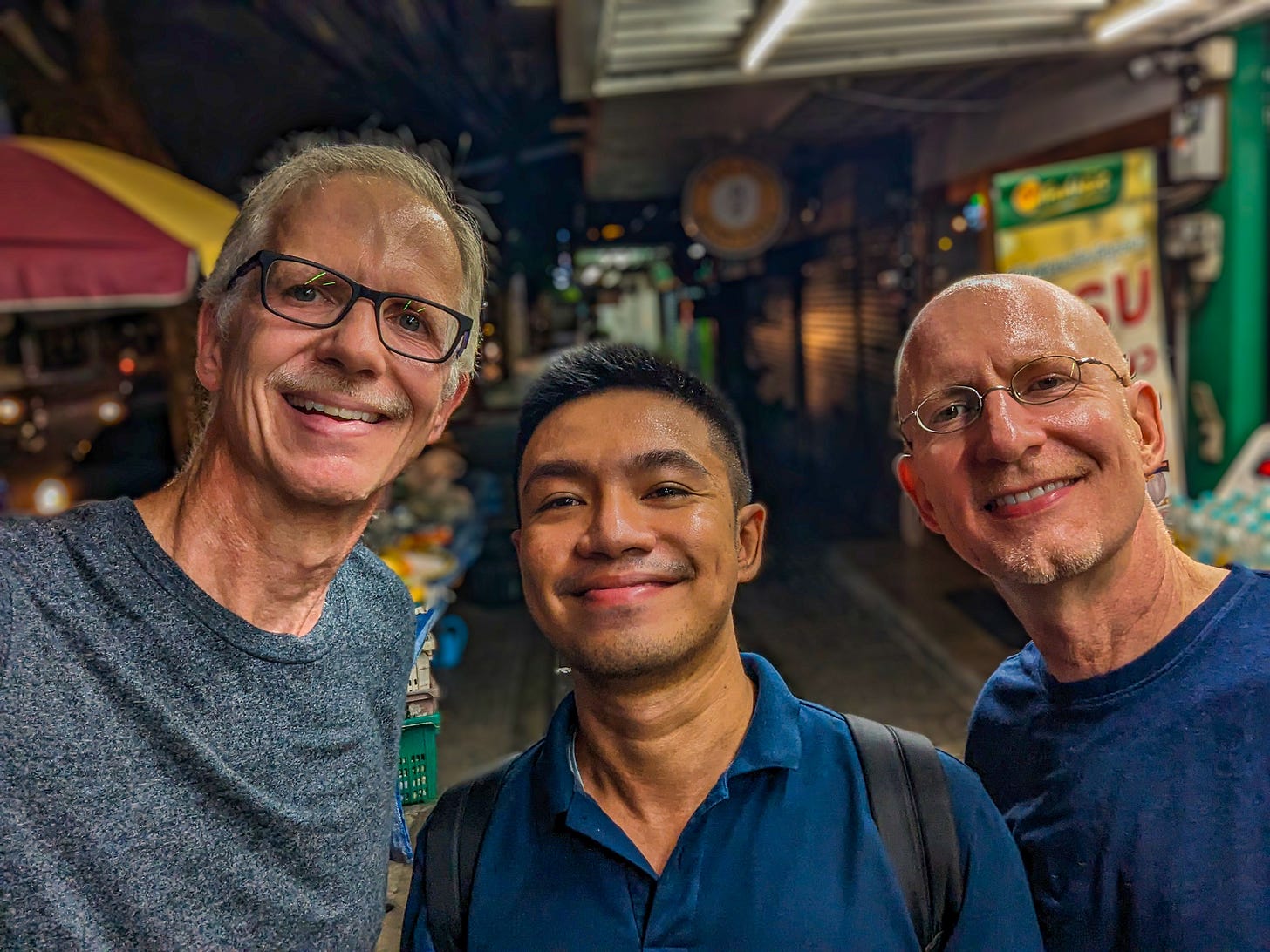
In fact, for a long time, Em found it very frustrating, and even resented his parents. He wanted to be told what to do like all his friends.
“Being eighteen and having to decide your future is a bit challenging,” he says. “And it wasn’t what my friends’ parents were doing.”
But now as an adult, Em is very glad his parents were different. “I’m happy I got to choose what to do instead of being told.”
That said, he admits, “If you ask me what restaurant I want to go to for dinner, I’ll still be a very typical Thai person and not want to be the one to decide.”
Brent recently wrote how Bangkok is currently undergoing massive economic changes.
It’s also undergoing profound social changes. And even in more conservative Asian countries like Malaysia, people are at least having conversations that may have been unthinkable to previous generations.
Are all these changes the result of bravery? Or is it selfishness?
Maybe it’s both, depending on your point of view.
Michael Jensen is an author, editor, and one half of Brent and Michael Are Going Places, a couple of traveling gay digital nomads. Subscribe to their free travel newsletter here.


